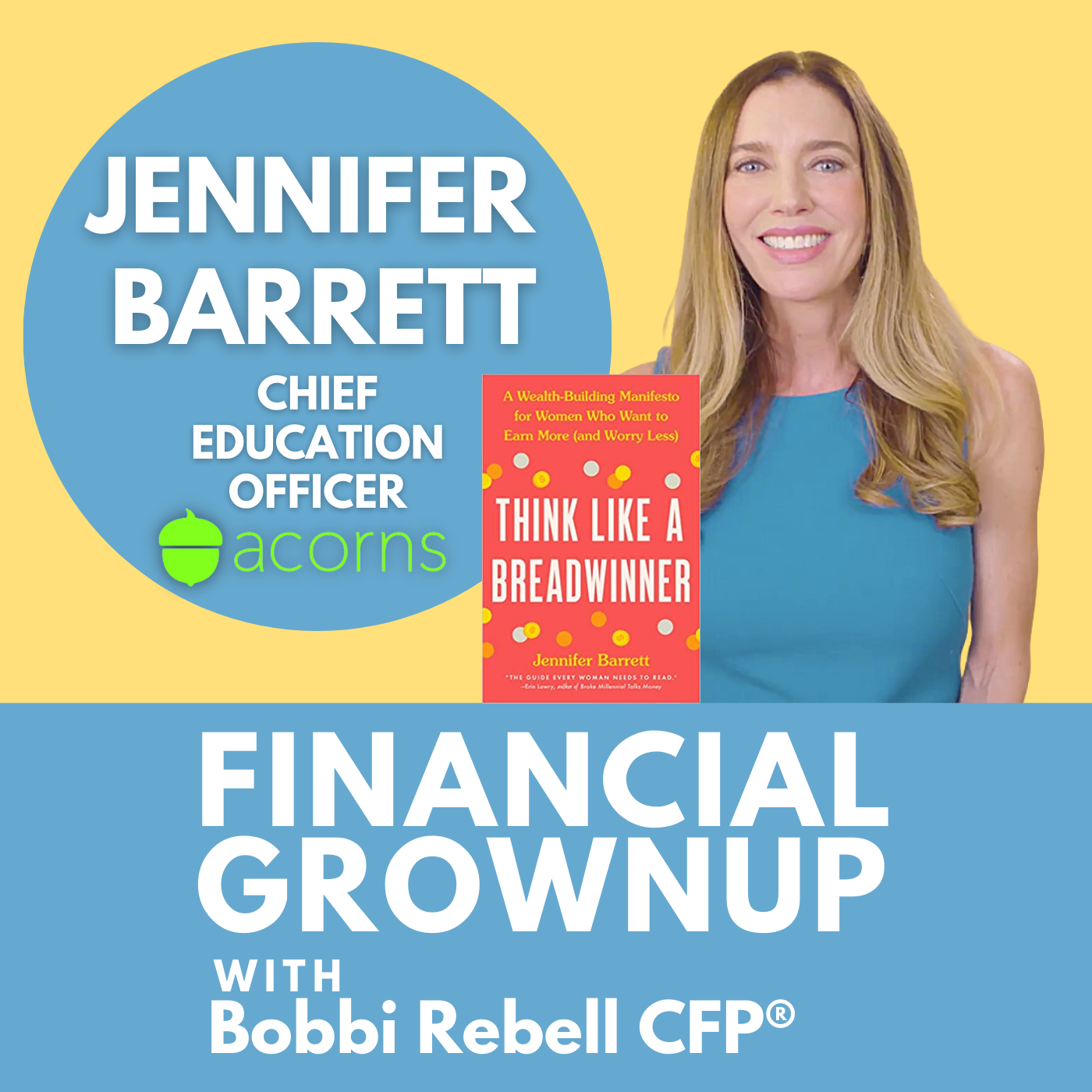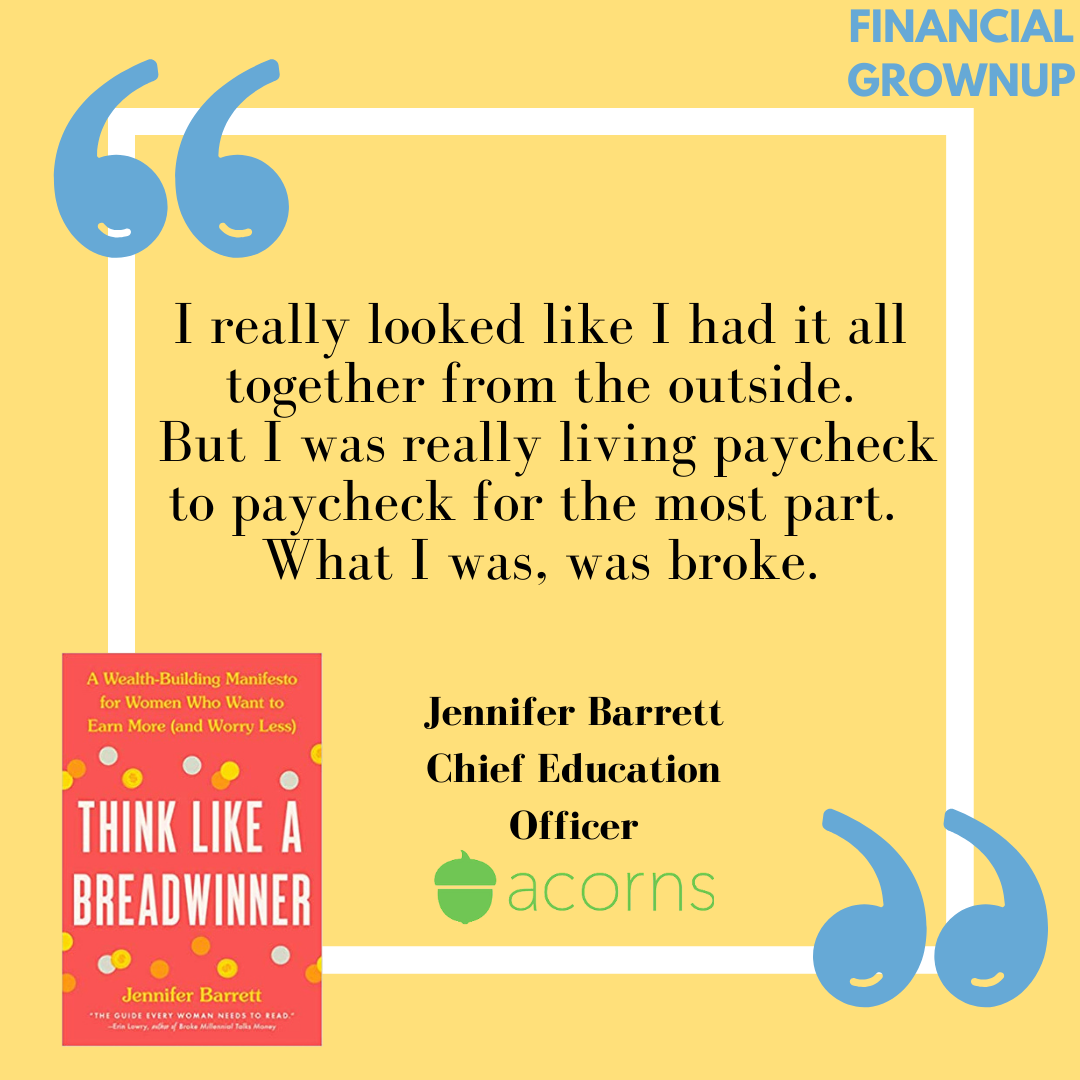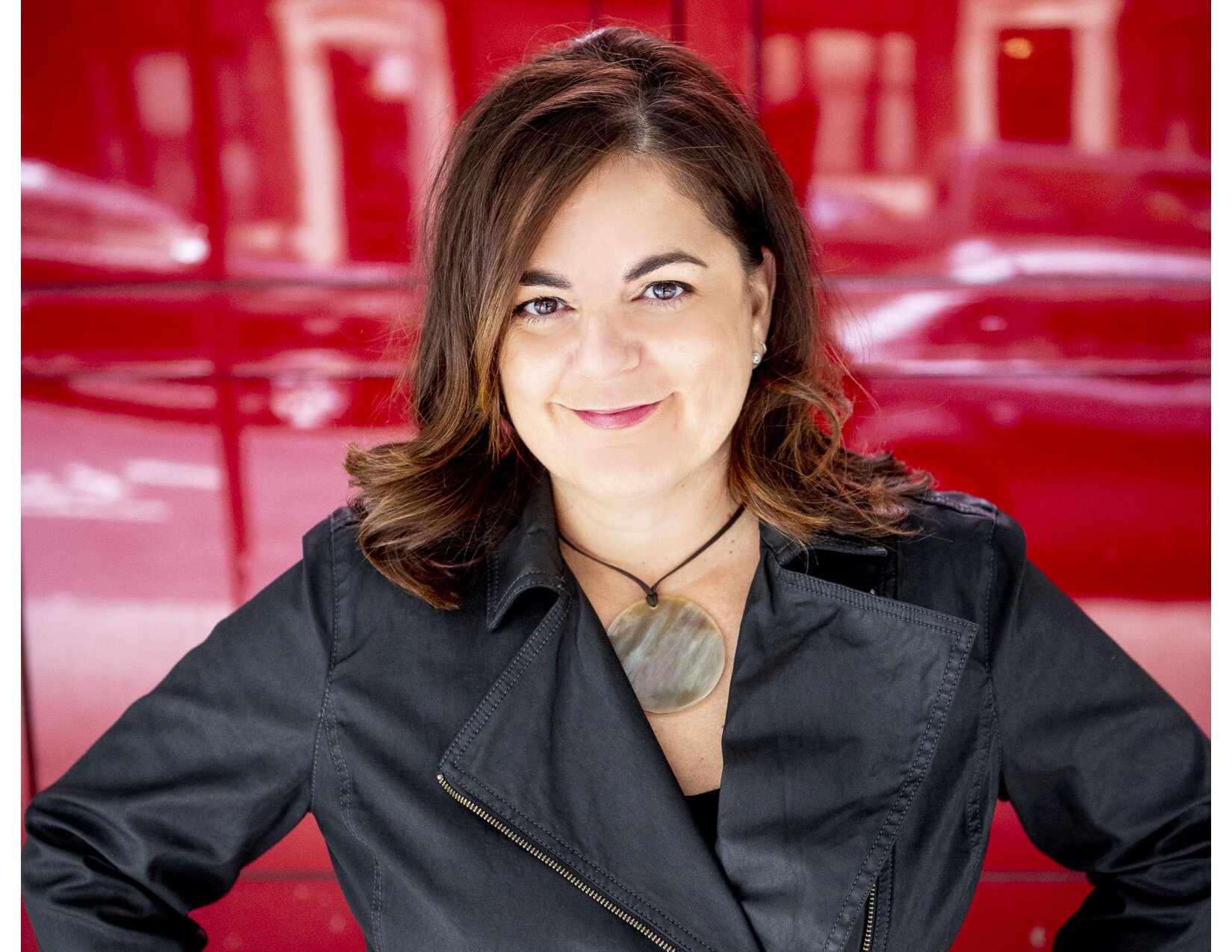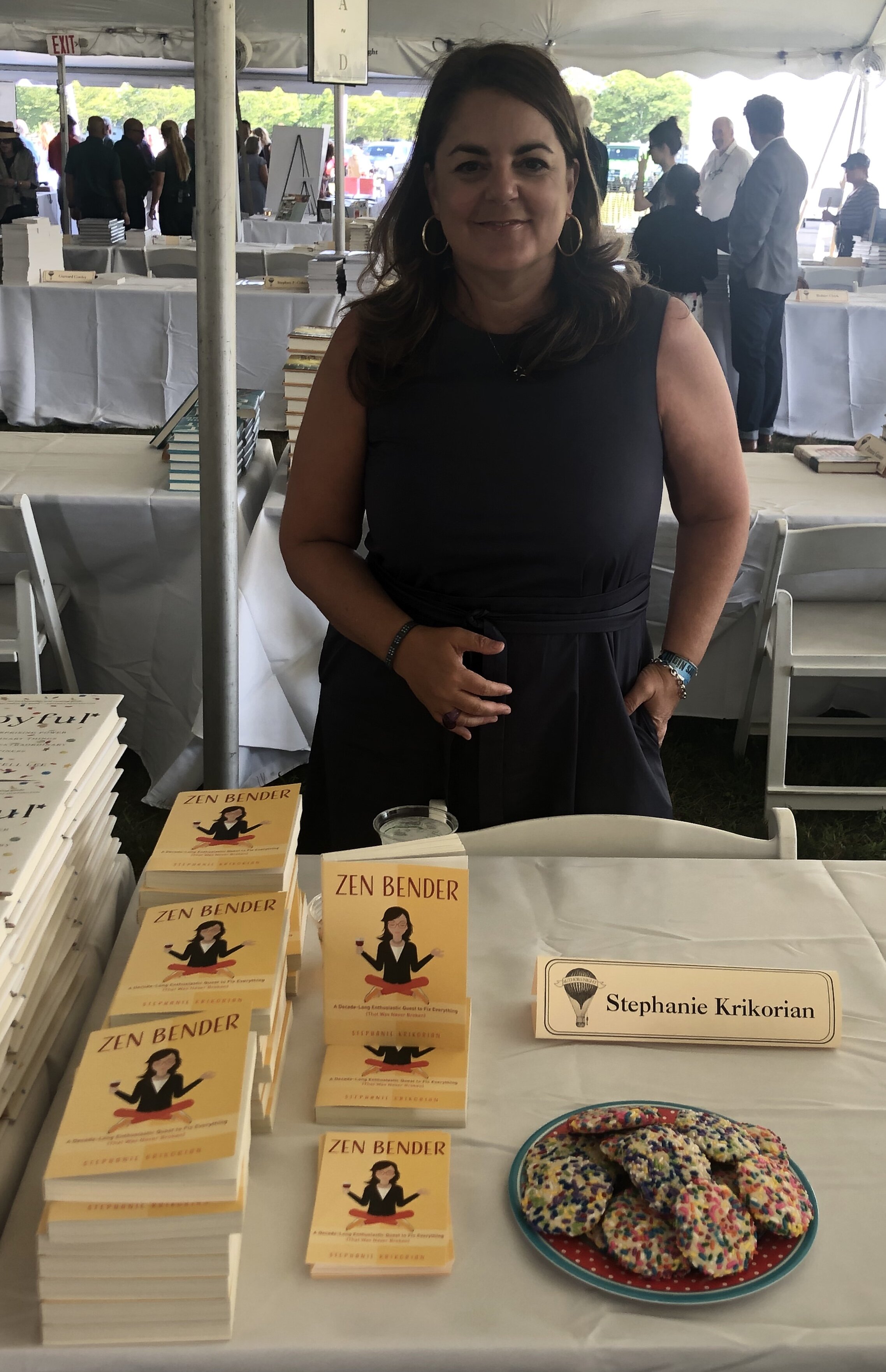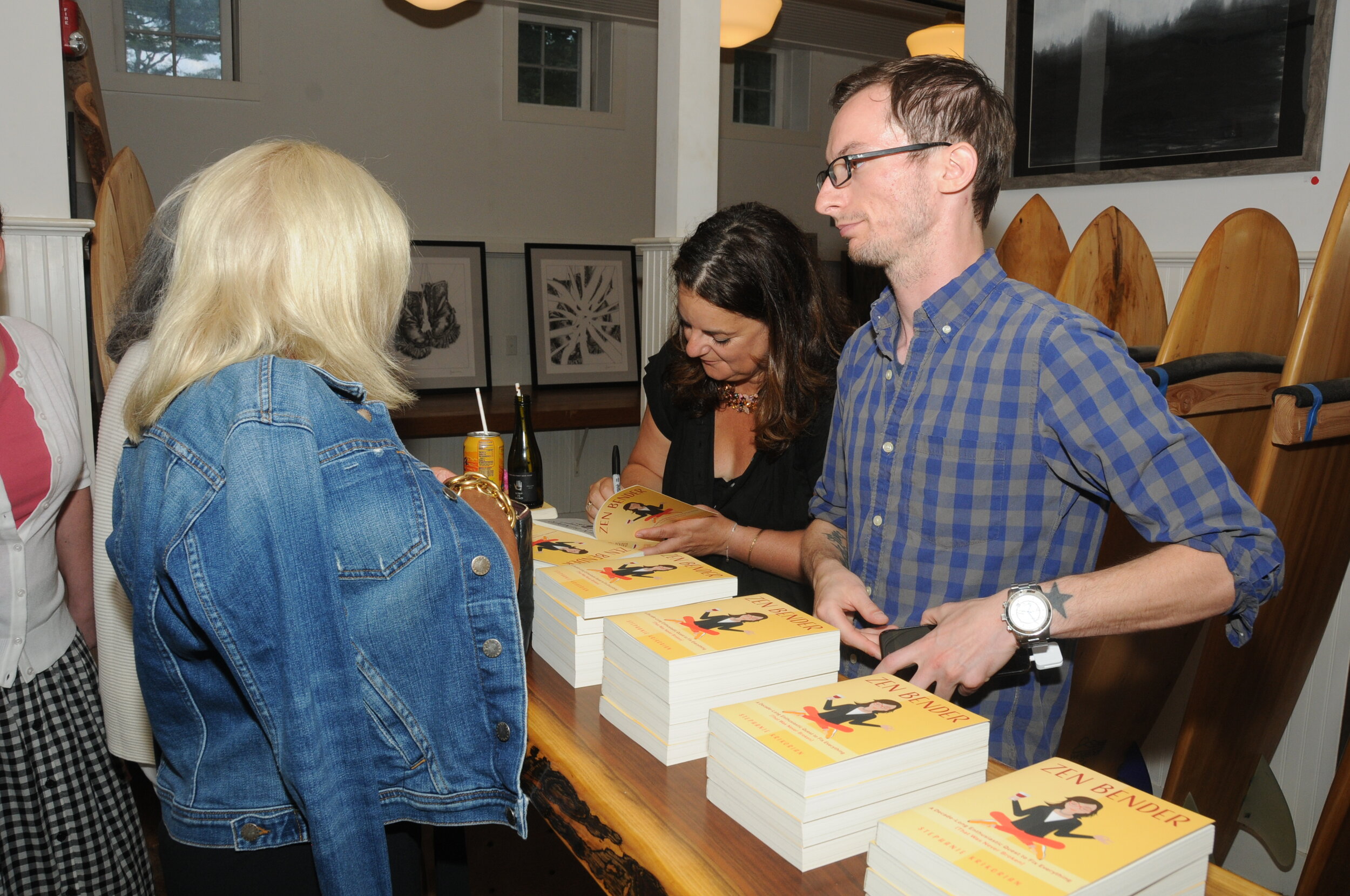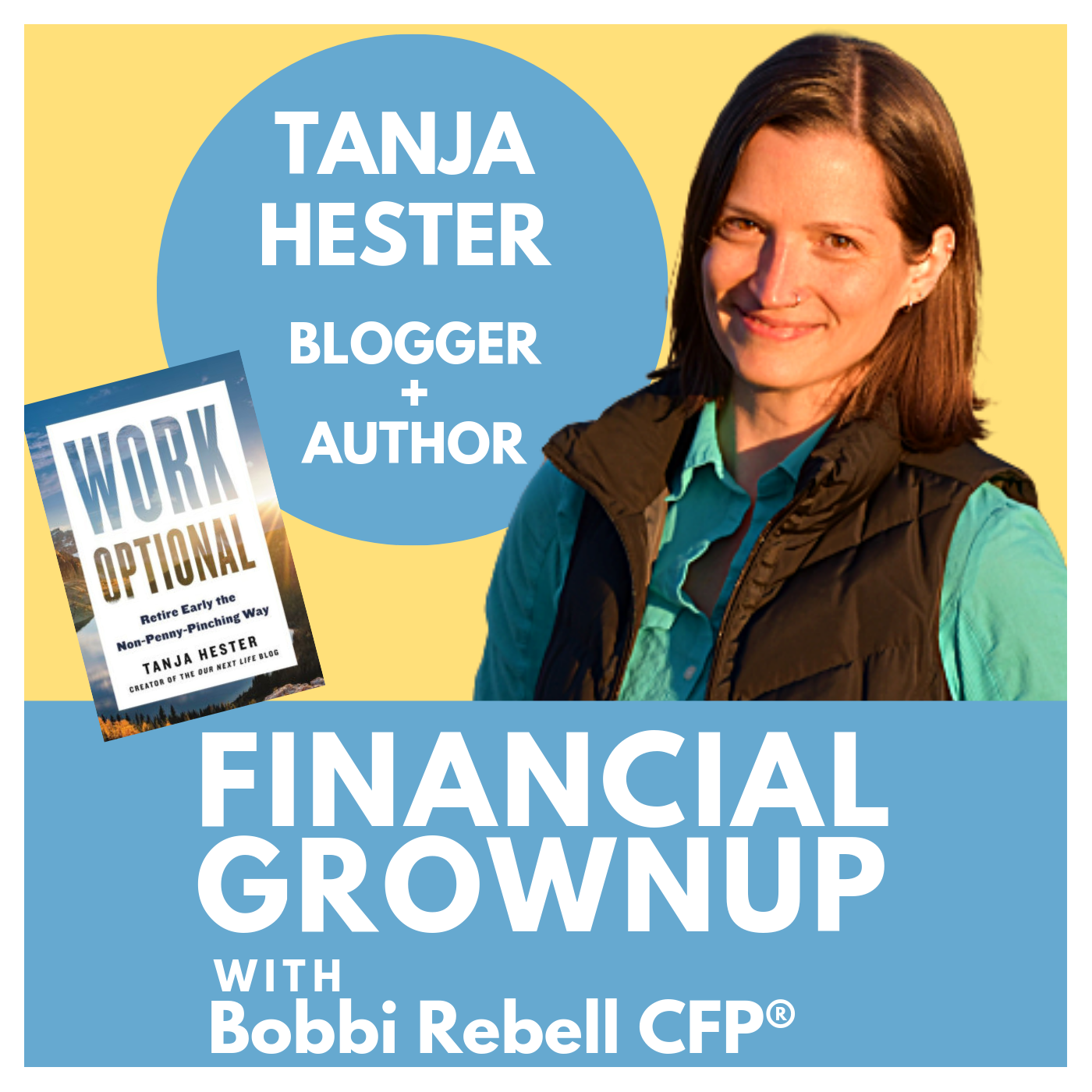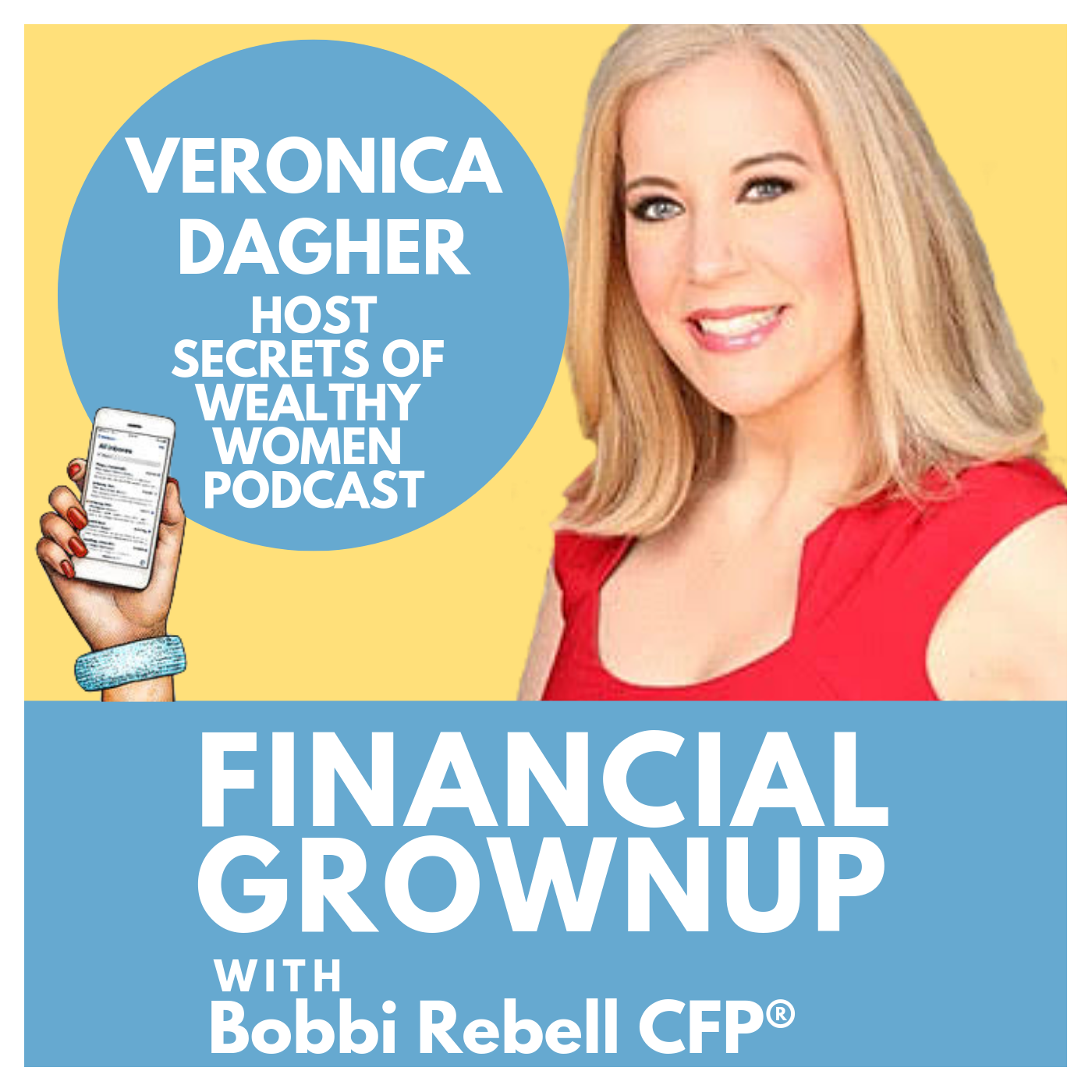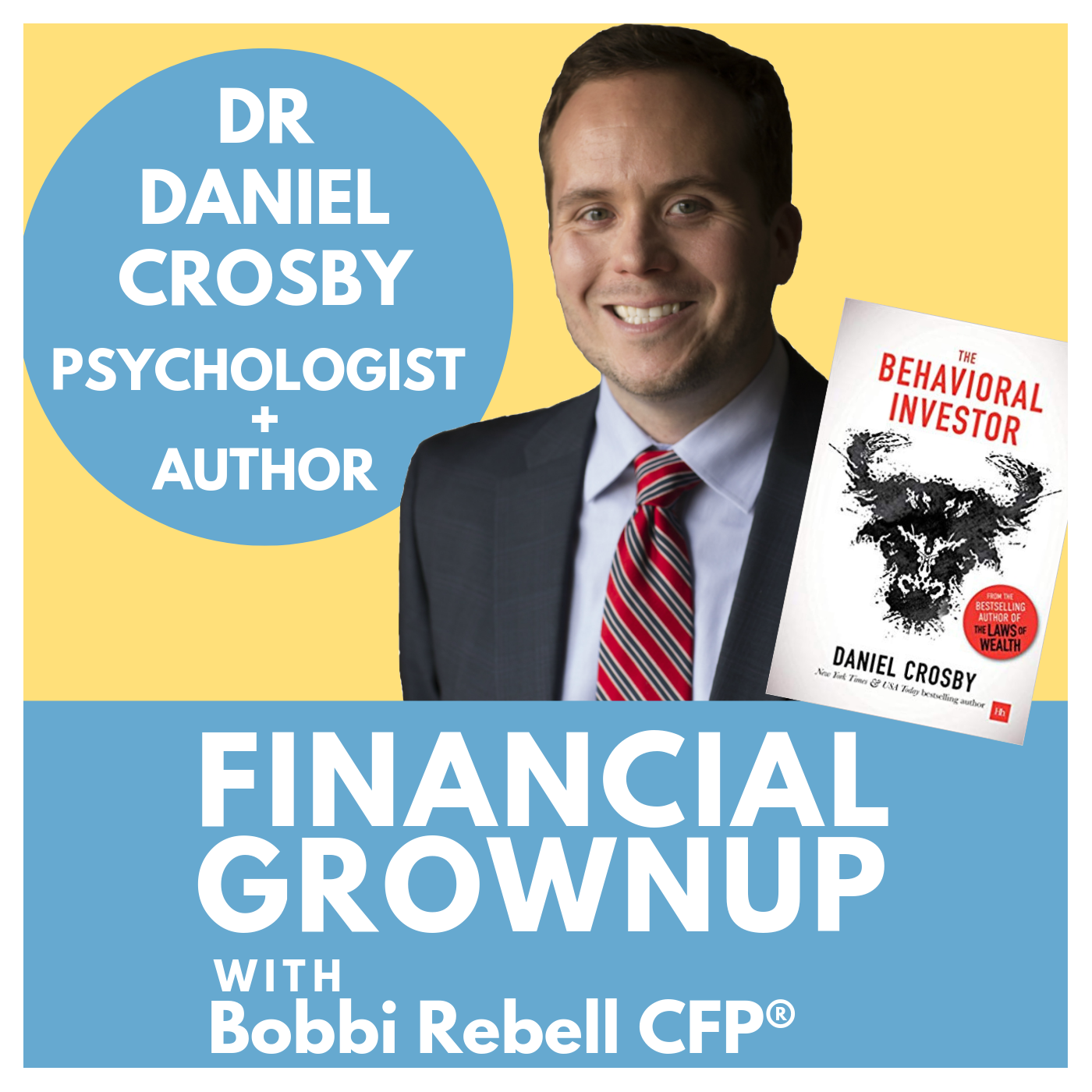Cameron Huddleston is back on the podcast to share how we can help our older loved ones with daily money matters and other financial support- even if we are not prepared.
Tips on how to protect your parents and grandparents money
Learn what you can be doing to prepare right now.
What you should be trying to get our older relatives to do.
If you find yourself having to help, but you haven’t done any prep work, what can you do to from there.
How can you be there for those you love, but also maintain your own life?
Learn about some financial resources that are out there that you can utilize
Follow Cameron!
Instagram - @cameronkhuddleston
Facebook - @CameronHuddlestonMoneyExpert
Twitter - @CHLebedinsky
LinkedIn - @cameron-huddleston
Website - https://cameronhuddleston.com
Follow Bobbi!
Instagram - @bobbirebell1
Twitter- @bobbirebell
LinkedIn- Bobbi Rebell
Website- http://www.bobbirebell.com
Did you enjoy the show? We would love your support!
Leave a review on Apple Podcasts or wherever you listen to podcasts. We love reading what our listeners think of the show!
Subscribe to the podcast, so you never miss an episode.
Share the podcast with your family, friends, and co-workers.
Tag me on Instagram @bobbirebell1 and you’ll automatically be entered to win books by our favorite guests and merch from our Grownup Gear shop.
Full Transcript:
Bobbi Rebell:
I'm thinking a lot these days about financial anxiety and how much we all just want to feel secure about the future for us, and of course, for the people that we love. There's a saying, you are never happier than your most unhappy child. And I would expand that to your most unhappy person you care about. I want everyone who hears this to be able to give the next generation the gift of financial security and the freedom that comes with it. That's why I wrote Launching Financial Grownups: Live Your Richest Life by Helping Your Almost Adult Kids Become Money Smart. I'm excited to share with all of you and I hope it can help put all generations of your family on the path to reaching all of your financial goals and dreams. Order your copy of Launching Financial Grownups today, and thank you for your support.
Cameron Huddleston:
I spoke with a woman whose father had early onset Alzheimer's disease. This guy was super financially savvy, but because he was starting to experience cognitive decline, he wasn't making the mortgage payment. The mom had no idea. And someone shows up at the door of their house one day saying the house is going to be auctioned the next day for failure to pay the mortgage. And they were shocked. No had any idea.
Bobbi Rebell:
You're listening to Money Tips for Financial Grownups with me, certified financial planner, Bobbi Rebell, author of How To Be a Financial Grownup. And you know what, when it comes to money, being a grownup is hard, but together we've got this
Bobbi Rebell:
Brace yourself, my grownup friends. Most of us are so used to thinking of our parents as our safety net and our support system. There are going to be seasons of our life, maybe for you it has already happened, when we may need to step up, take care of our older loved ones, not just managing their healthcare, but also their money related life stuff. Bills don't just get paid. Someone needs to make sure their lives, their financial lives specifically, are kept running and in order. And I'm going to make sure all of you are prepared if you invest the time to listen to this week's episode, because nothing says grown up like having to take care of your older loved ones, whether it be parents, grandparents, aunts, uncles, or just special people in your life.
Bobbi Rebell:
Cameron Huddleston is the author of Mom and Dad, We Need to Talk. She is now the director of education and content for Carefull, that is with two Ls, and she has a lot of great advice and wisdom on this topic to share with us. Here is Cameron Huddleston. Cameron Huddleston. Welcome back to the podcast. You are still very much such a financial grownup. Nice to see you, my friend.
Cameron Huddleston:
Thank you so much for having me back on the show.
Bobbi Rebell:
I asked you to come back on because I want you to talk about something that is really top of mind for so many people. With COVID 19, we've all been more in touch than ever with different special members of our family, often older members of our family, and much more aware of what's going on with them, checking in with them about their health. But also this has opened up an opportunity for new awareness and new discussions and new planning when it comes to money matters for our older loved ones. You, by the way, since we last talked now work with a company that really helped people with that. Tell us what you've been up to give us a little update and a little context on why you're so interested in this topic.
Cameron Huddleston:
Certainly. Well, of course it's personal for me because my mom had Alzheimer's disease and I was her caregiver for 12 years. Even though I was providing hands on care for about four years, for eight years, I was managing her finances while she was in a memory care facility. In addition to that, I am working for a new company called Carefull with two Ls, and Carefull is the first service that's built specifically to help organize and protect aging adults' daily finances. It's desktop service and a mobile app. You can link it to your bank and your credit of card accounts. And it's going to monitor those accounts 24/7 for common money mistakes, sign of fraud. There's also credit monitoring and personal information monitoring. And so you get alerts when it spots something unusual and it's really a great way to protect your finances as you age, protect them against fraud and protect them against those late payments that you might be accidentally making or not realizing that you're making because there's a cognitive decline issue.
Bobbi Rebell:
We can see each other. We're both nodding. I mean, it happens a lot and it happens a lot in a way that we don't always discover until it's too late. My husband had a friend who found out the friend's parents had literally been scammed out of tens of thousands of dollars. And it was not that recent. And it's hard to even tell whether the parents knew it happened and were embarrassed and didn't want to tell anyone or were not even aware. So it's really important that we stay on top of the finances of those that we love and also that we use the tools that are now available, that weren't available until recently to automate that and have these digital check-ins that we can do.
Bobbi Rebell:
But let's talk more about the broad picture. I mean, we think about, for example, I pay for long term healthcare insurance. So if something happens, my husband and I will have some money that will pay for us to be in a long-term care facility. So we are used to thinking about physical care for older people, but we don't think about having this financial safety net. Tell us more about where to even begin with this if you are someone that has older people in your life that you care about, whether they be relatives or just people that you love.
Cameron Huddleston:
Really, it all begins with conversations. Oftentimes we don't want to broach conversations about money because they seem really awkward, and you might have been raised in a household where your parents told you that it was impolite to talk about money. So the idea of going to your parents and saying, "Hey, mom and dad, I want to discuss your finances with you," can sound really intimidating, but this is where it has to start. These conversations are so important and you need to be having them before there's any sort of healthcare emergency, before there's any sort of financial emergency, because if you wait to have these conversations, at that point, it can be too late. There's not going to be a plan to deal with the emergency. Emotions are going to be running high. And who wants to talk about finances when there is some sort of healthcare emergency? And the bigger issue is that there might not be the legal documents in place that give you right to step in and make financial and healthcare decisions for your parents.
Bobbi Rebell:
What specifically should people be doing in advance to be prepared, one, for the big picture things that you're talking about, and two, for just the daily money matters that they might need to step in and help with?
Cameron Huddleston:
An easy way to kind of get this conversation started and to get information that you need is to ask your parents about what if scenarios. We're still in a pandemic, right? And so what if, mom or dad, you end up getting COVID and you're in the hospital and you can't pay your bills for a week or for two weeks while you're in the hospital or longer? What do I need to know about making sure as bills get paid? Asking about these sort of what if scenarios is a very easy and natural way to start the conversation.
Bobbi Rebell:
What if we get the pushback? Because that does happen a lot. I have older relatives in my family that will not talk about their money. It is no one else's business. I don't know why, but it happens. And I'm sure I'm not alone.
Cameron Huddleston:
You are not alone. It does happen. You know, fortunately I've heard that most parents are willing, but of course not all. And when you get pushed back, a couple things that you can try. If your parents or aging loved ones don't want to tell you information, maybe they would be willing to write it down. That allows them to maintain control over the information. So say, "Look, I get it. It's awkward. And you probably don't think it's any of my business right now. And really it isn't right now, but it might be some day. And so when that time comes, it would be nice if I had a list that I could go to of your accounts and how to access those accounts and what bills you pay and how they're paid and where the estate planning documents are and where the insurance policies are. Make this list for me, please. Put it someplace safe and tell me how to access it." If they are not willing to listen to you, they might listen to a third party. Maybe you reach out to their accountant, their financial advisor, their doctor, even.
Bobbi Rebell:
What about if you're in a situation where you do need to step in and you do not have this information? Where can you get it? What resources are out there?
Cameron Huddleston:
So you're going to have to play detective, most likely. And the key thing is, first of all, to find out what sort of estate planning documents do they have? Have they named you or someone else in your family power of attorney to make financial decisions for them? You cannot talk to your parents' bank, their insurance companies, their credit card companies, unless you have been named power of attorney and you have that document. So you go to your parents' house and you check the desk drawers, you check the filing cabinet if there's a filing cabinet, you check the closets and you search for these estate planning documents. Maybe they have a home safe. Maybe you know who their attorney is. And so you call up the attorney and say, "Hey, do you know if mom has named a power of attorney? Do you know who that person is? Do you have any idea where that document might be?"
Cameron Huddleston:
Because typically attorneys are not going to hang on to these documents in their office. And so you start there and maybe you don't know this information from your mom, but maybe your mom has happened to say something to your aunt and your aunt knows, "Oh yeah, I know she did that a long time ago and it's in the home safe. And here's the combination. She happened to give it to me." So you play detective. That's where you start. And then you're going to have to go through the may to figure out what sort of bills are paid. If you have any way to access their computer, for example, and you can check emails to see what sort of statements that they're getting electronically.
Bobbi Rebell:
What are some of the red flags to know that you should get proactively involved, even if they're not in the sort of distress situation that we were alluding to earlier?
Cameron Huddleston:
Well, here's something interesting Bobbi, the researchers at John's Hopkins found that those with Alzheimer's disease and related dementias show a pattern of missed and late payments up to six years before there's ever a diagnosis. So your parent, your aging loved one, could be making all sorts of money mistakes before you even start to see really obvious signs of memory loss. Obviously at that point, the damage could be severe. I spoke with a woman whose father had early onset Alzheimer's disease. This guy was super financially savvy, but because he was starting to experience cognitive decline, he wasn't making the mortgage payment. The mom had no idea, and someone shows up at the door of their house one day saying the house is going to be auctioned the next day for failure to pay the mortgage. And they were shocked. No one had any idea.
Bobbi Rebell:
And they had the money to pay it. He just wasn't paying it.
Cameron Huddleston:
Right. He had just forgotten to send in the payments.
Bobbi Rebell:
Oh my gosh.
Cameron Huddleston:
So here are some of the signs that you can look for that your parent might be experiencing cognitive decline, and if there's cognitive decline, that means their financial decision making ability is already impaired. So obvious ones like notices for late payments, collection notices that you see sitting on the dining room table, parents not paying the bills. And if you know they've got money to pay the bills, there's something going on here. If you go out to dinner with mom and dad and they're offering to pay for dinner, but then they can't figure out how to compute a tip or they can't figure out, let's say the check is $50 and they're pulling out a 20 thinking that's going to cover. So there's obviously signs with math and the inability to handle just simple mathematical tasks.
Cameron Huddleston:
Other mathematical errors that might be obvious. If they're writing a check and they can't remember how to fill out that check or how to put the date on the check, this is a sign that something's going on. But then also if you're going to your parents' house and you notice that it was once always tidy and organized, and now it seems to be disorganized, there's plates in this sink, there's just piles of clothes everywhere and you know that they're still physically capable of handling those tasks, it could be a sign that there is cognitive decline because familiar tasks become more difficult to complete. If there are sticky notes or reminder notes all over the house, and they're telling and your parents how to do things that seem really obvious, like how to turn on the cable TV, this is a sign that something's going on and you shouldn't ignore these signs.
Bobbi Rebell:
I'm just sitting here absorbing all of this. Anything else I should have asked you?
Cameron Huddleston:
Here's one more thing to look out for. If your parents mail is full of charitable donation requests, or a lot of those sweepstakes entry forms, if they're getting a lot of those, that's a good sign that your parents have already been making donations. Their names are on lists and charities and other organizations are reaching out to them. And if you see a lot of those gifts that charities send, like a blanket, the little stickers that you can put on your envelopes with your address, calendars, if there are lots of those gifts that are showing up in your parents' house, that also means that they are making donations. Now, if you know your parents are givers naturally, but they seem to be giving a lot more money, that's a sign that their financial decision making ability is impaired potentially. And again, you've got to get involved.
Bobbi Rebell:
Yeah. You have to just not always assume everything is okay just because they tell you that on your weekly phone call. You need to get involved, ask the right questions and show up in person sometimes, or make sure that if you have siblings or other relatives that can come in and do things, like physically look at the mail, because a lot of older people do still get physical bills. That's a really important thing to be able to check and make sure you guys put together a safety net as grownups to take care of the people that you love in your life. Thank you so much, Cameron.
Cameron Huddleston:
Thank you.
Bobbi Rebell:
So where of people learn more about what you're off to and about Carefull?
Cameron Huddleston:
Certainly. So you can find out more about me at CameronHuddleston.com and you can learn about Carefull at GetCarefull.com.
Bobbi Rebell:
Thank you so much, Cameron.
Cameron Huddleston:
Thank you.
Bobbi Rebell:
I really appreciate Cameron being so candid about her own life. It's tough. It's also stuff that we need to hear and we need to hear real examples of how this impacts our lives. Hopefully we've inspired some of you to take action and have those uncomfortable conversations, and maybe they won't be as cringey as we fear. And by the way, this is something that I struggle with. It's not always successful. So you may have to kind of regroup, give it a little bit of time and just try again. It's not easy. I would love to hear your tips on getting past awkward conversations when it comes to talking to parents. And then also, when it comes to talking to younger generations about money stuff. That is a lot of the focus of my new book, Launching Financial Grownups. I am both excited and really, really nervous, actually really nervous for it finally, coming out. Years in the making.
Bobbi Rebell:
I'm not doing a bunch of free giveaways to get people to pre-order. I'm putting my time, and yes, money instead into this podcast and my newsletter, which remain free for all of you. And I really want to keep my focus on keeping those two things the highest quality that I possibly can and not being distracted. So that's what I'm doing. So what I ask all of you in return is that you help me get the word out by pre-ordering the book and also encouraging others that you think might like it to do so as well. You can learn more about the book on my website, BobbiRebell.com/LaunchingFinancialGrownups. And by the way, you can also sign up for my free newsletter there as well on the website. Big thanks as always to my dear friend, Cameron Huddleston, for helping us all be financial grownups.
Bobbi Rebell:
Money Tips for Financial Grownups is a production of BRK media, LLC. Editing and production by Steve Stewart. Guest coordination, content creation, social media support and show notes by Ashley Well. You can find the podcast show notes, which include links to resources mentioned in the show as well as show transcripts, by going to my website, BobbiRebell.com. You can also find an incredible library of hundreds of previous episodes to help you on your journey as a financial grownup. The podcast, and tons of complimentary resources associated with the podcast, is brought to you for free, but I need to have your support in return. Here's how you can do that. First, connect with me on social media, @bobbirebell1 on Instagram and BobbiRebell on Twitter, where you can join my Money Tips for Grownups Club. Second, share this podcast on social media and tag me so I can thank you.
Bobbi Rebell:
You can also leave a review on Apple Podcasts. Reading each one means the world to me, and you know what? It really motivates others to subscribe. You can also support our merchant shop grownupgear.com by picking up fun gifts for your grownup friends and treating yourself as well. And most of all, help your friends on their journey to being financial grownups by encouraging them to subscribe to the podcast. Together, we got this. Thank you for your time and for the kind word so many of you send my way. See you next time. And thank you for supporting Money Tips for Financial Grownups.





